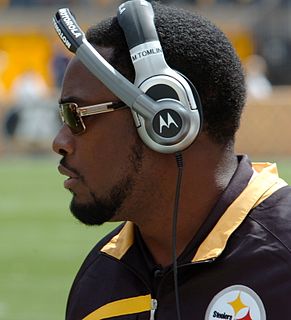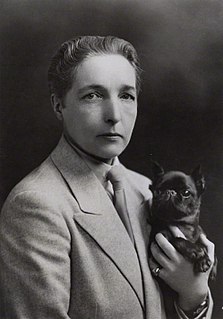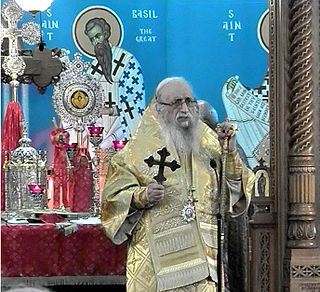A Quote by Mary Wollstonecraft Shelley
If our impulses were confined to hunger, thirst, and desire, we might be nearly free; but now we are moved by every wind that blows and a chance word or scene that that word may convey to us.
Related Quotes
Praise the name of baseball. The word will set captives free. The word will open the eyes of the blind. The word will raise the dead. Have you the word of baseball living inside you? Has the word of baseball become part of you? Do you live it, play it, digest it, forever? Let an old man tell you to make the word of baseball your life. Walk into the world and speak of baseball. Let the word flow through you like water, so that it may quicken the thirst of your fellow man.
Long ago, there was a noble word, liberal, which derives from the word free. Now a strange thing happened to that word. A man named Hitler made it a term of abuse, a matter of suspicion, because those who were not with him were against him, and liberals had no use for Hitler. And then another man named McCarthy cast the same opprobrium on the word. ... We must cherish and honor the word free or it will cease to apply to us.
I have studiously tried to avoid ever using the word 'madness' to describe my condition. Now and again, the word slips out, but I hate it. 'Madness' is too glamorous a term to convey what happens to most people who are losing their minds. That word is too exciting, too literary, too interesting in its connotations, to convey the boredom, the slowness, the dreariness, the dampness of depression.
We are in love with the word. We are proud of it. The word precedes the formation of the state. The word comes to us from every avatar of early human existence. As writers, we are obliged more than others to keep our lives attached to the primitive power of the word. From India, out of the Vedas, we still hear: On the spoken word, all the gods depend, all beasts and men; in the world live all creatures...The word is the name of the divine world.
I came, then, to serve my Church first of all, and the whole world, that is, every person I find along my way. I serve and I will give of myself unto death so that there will be no distance between speaking and doing, so that the people will never again say, 'there is a chasm between us and the leaders' and word spread that the Church is far from her people. I know very well that our people are good and that they want from us today to go to them, to seek them out wherever they are, to search out the lost and return them joyfully to the fold. They hunger and thirst for the Word of God.
I believe that should is one of the most damaging words in our language. Every time we use it, we are, in effect, saying that we are wrong, or we were wrong, or we're going to be wrong. I would like to take the word should out of our vocabulary forever and replace it with the word could. This word gives us a choice, and we're never wrong.
I don’t really know what “intellectual” means, but if it means you’ve got a desire to learn, you’ve got a desire to look for things that haven’t been presented to you, then, maybe. I think that “intellectual” is quite an exclusive word. I think it’s just for anyone that has a thirst or a hunger to improve themselves, or a yearning to escape from somewhere to get to a better place.
The word desire suggests that there is something we do not have. If we have everything already, then there can be no desire, for there is nothing left to want. I think that what the Buddha may have been trying to tell us is that we have it all, each of us, all the time; therefore, desire is simply unnecessary.
The Bible is the written word of God, and because it is written it is confined and limited by the necessities of ink and paper and leather. The Voice of God, however, is alive and free as the sovereign God is free. 'The words that I speak unto you, they are spirit, and they are life.' The life is in the speaking words. God's word in the Bible can have power only because it corresponds to God's Word in the universe. It is the present Voice which makes the written word powerful. Otherwise it would lie locked in slumber within the covers of a book.





































